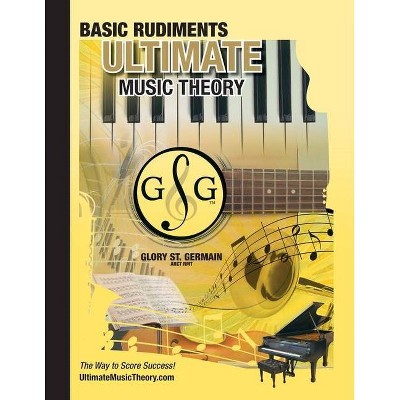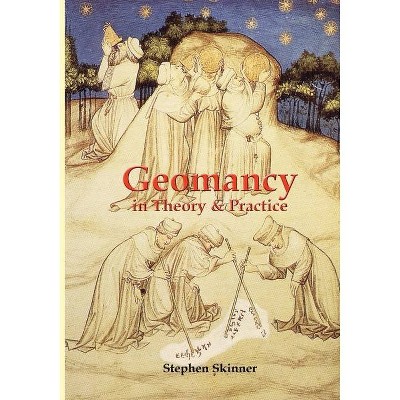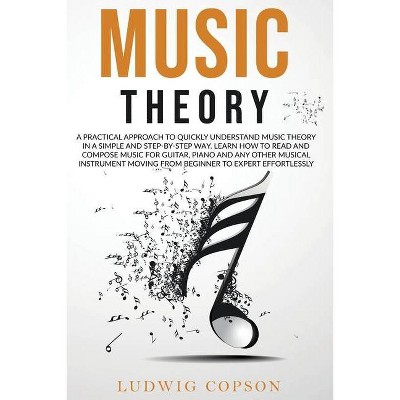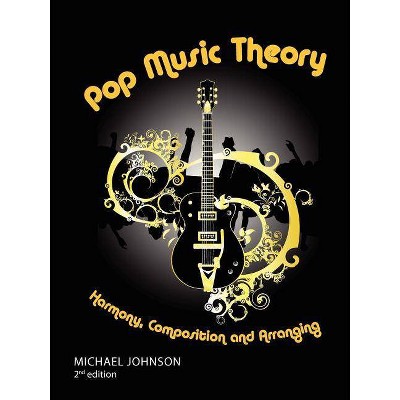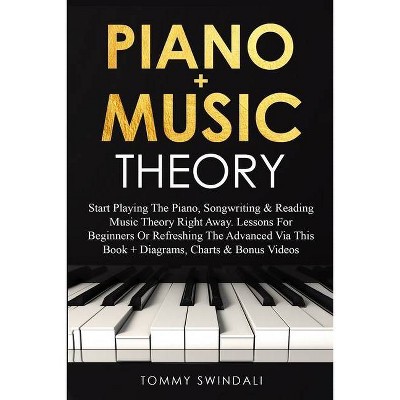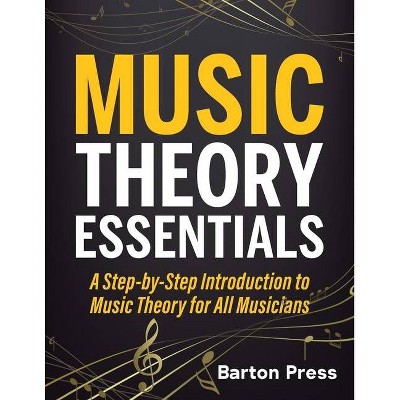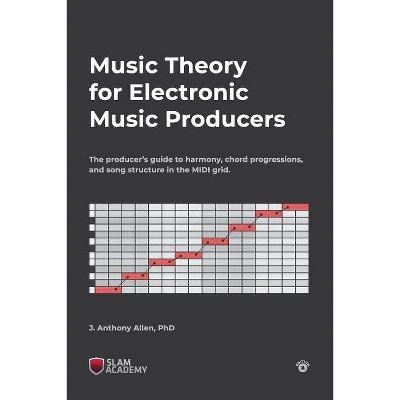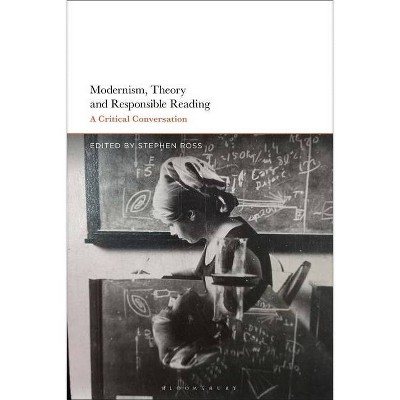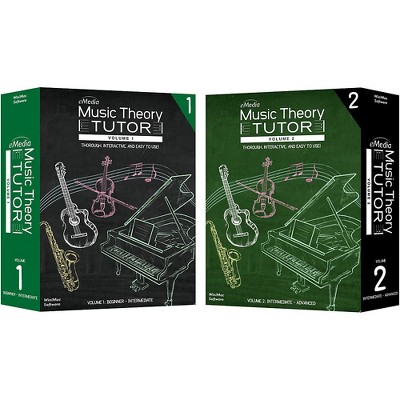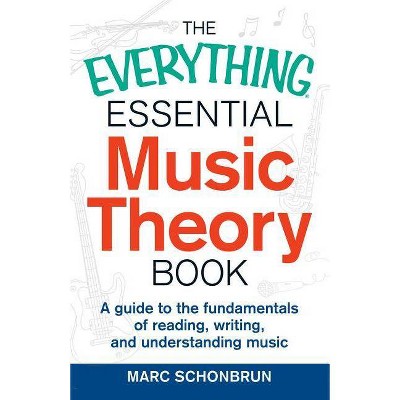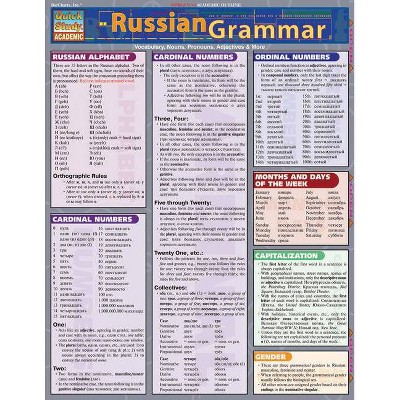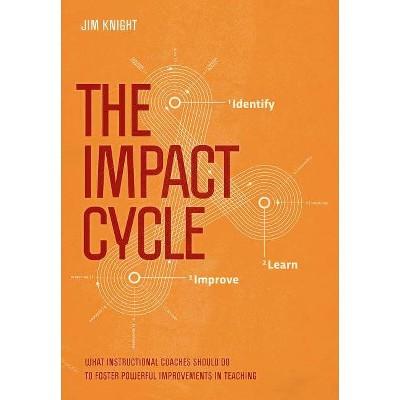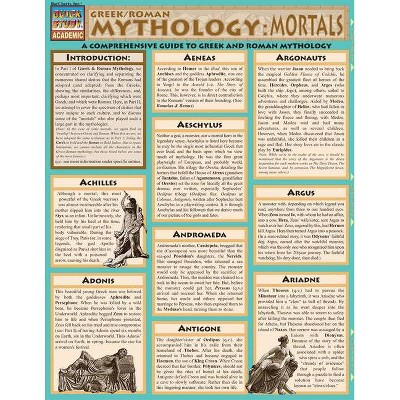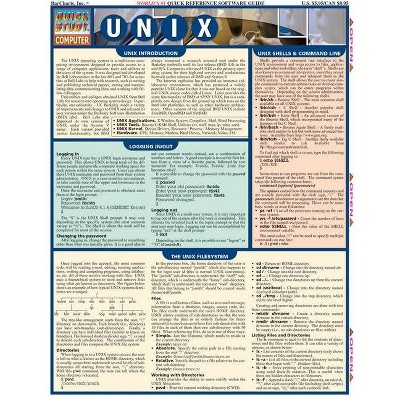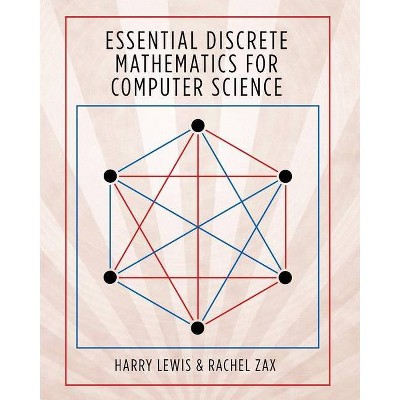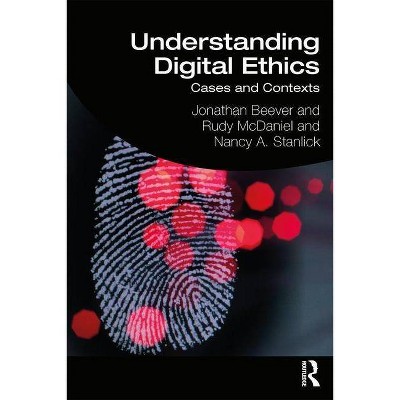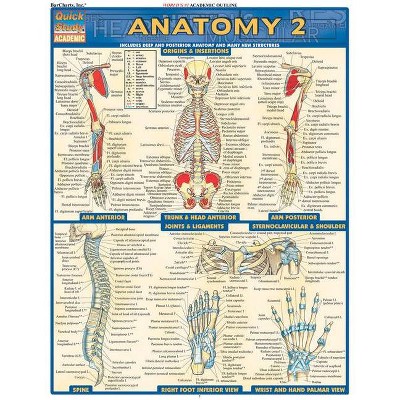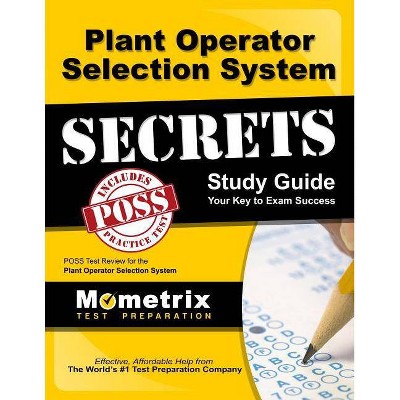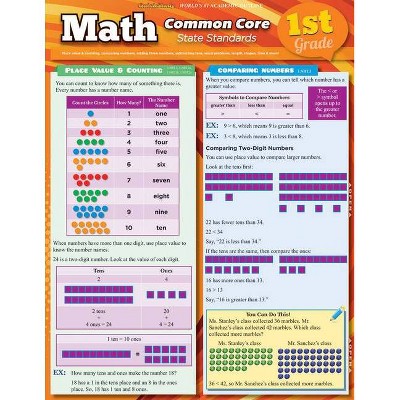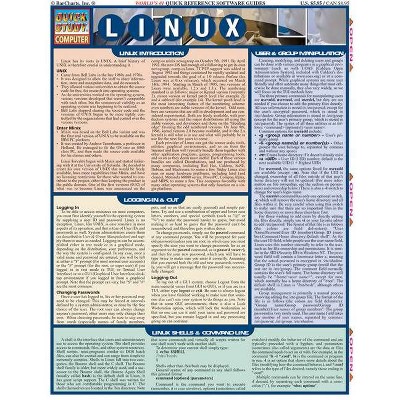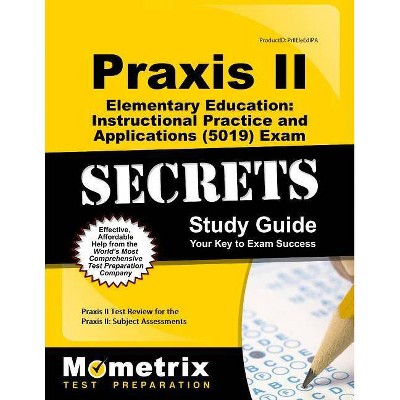Music Theory and Composition - by Stephen C Stone (Paperback)
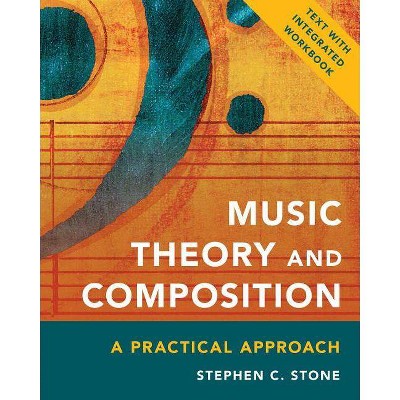
Similar Products
Products of same category from the store
AllProduct info
<p/><br></br><p><b> About the Book </b></p></br></br>This text presents a pragmatic, accessible approach to music theory by emphasizing melody and counterpoint. Starting with a single melodic line and gradually adding voices in counterpoint, the book drills part-writing while also explaining functionality, first with scale degre...<p/><br></br><p><b> Book Synopsis </b></p></br></br>Music Theory and Composition: A Practical Approach presents a pragmatic, accessible approach to music theory through an emphasis on melody and counterpoint. This focus explains the "why" of musical construction more clearly than the traditional approach of beginning with chords. By starting with a single melodic line and gradually adding voices in counterpoint, the book drills part-writing while simultaneously explaining functionality, first with scale degrees and then with harmony. The text has students learn musical techniques and progressively build on their functions and importance to create their own compositions. With short, digestible chapters, Music Theory and Composition clearly presents otherwise complicated ideas not as strict rules, but as artistic ideals, encouraging the interactive creation of new compositions as a tool for learning. The textbook is versatile and easily customizable, suiting oDifferent skill levels with species counterpoint providing a framework for the beginner while providing an interesting challenge for more experienced students oDifferent curricular schedules with complete exercises in two, three, and four voices, allowing for an optional skip from two voices to four oDifferent pedagogical approaches with species exercises encouraging students to consider harmonic choices and figured bass ensuring functional progressions Instructor Resources: -Instructor's Manual: The Instructor's Manual includes sample syllabi and student handouts -Test Bank: The test bank includes sample tests and answer keys in MS Word format. Student Resources: -Companion Website with Downloadable Workbook Sections: http: //textbooks.rowman.com/stone Additional Features: -complete curriculum for first-year theory courses -over 500 musical examples drawn from Common Practice Era compositions as well as more contemporary and popular pieces -focus on active composition throughout the text and workbook sections -large pop music section to expand student's application of theory -conversational tone to encourage student engagement Designed for first-year college music theory courses, but accessible enough for the interested lay reader or high school student, the text offers a true balance of counterpoint and harmony.<p/><br></br><p><b> Review Quotes </b></p></br></br><br>The book is the result of over ten years; work; and it shows. Stone's writing style is "familiar" as if spoken, without being "chummy" or falsely fashionable. The book lacks gimmicks and silly asides to get the reader to "like" the author completely. It's authoritative without being "magisterial"; which really means that is covers its material as approachably as it does comprehensively. If you're looking for a single volume book that already seems to know why you have acquired it and how attached you are to music; yet not unable to admit that you can always learn more about the way good music works, then Music Theory and Composition can be heartily recommended.--Classical Net<br><br>Stone's text encourages both knowledge and creativity. While instructors will welcome its adaptability to a variety of curricular plans, students will appreciate the clarity of writing and the breadth of repertoire. The chapters covering popular music are to be celebrated.--Diane Luchese, professor of music theory, Towson University<br><br>Stephen Stone's Music Theory and Composition is indeed a practical approach, as the subtitle promises. Giving substantial, readable instruction in rudiments, counterpoint, harmony, and popular music, this flexible text will find immediate use in many different programs and courses.--Mark Lackey, assistant professor, Division of Music, Samford University<br><br>Stephen Stone's Music Theory and Composition: A Practical Approach provides readers with an exceptionally clear and logical approach to studying music theory. An all-encompassing textbook, it lays out its contents in a fashion that reflects historical progression of music - from the study of single melody to species counterpoint, diatonic harmony, forms, and chromatic harmony to popular music. Embedded within this logical flow of the content is the author's ability to explain the 'why's' and 'how's' of music theory, which I think is the greatest strength of this book. Stone pinpoints and explains many of the most common struggles and stumbling blocks students encounter in learning music theory, which undoubtedly comes from his years of devoted teaching experience. Students are not just instructed on how to do things but are guided to understand why and how certain musical and theoretical phenomenon are preferred and emphasized in the common practice period. While reading, students will continue to find themselves exclaiming 'Aha! That's why!'--Sookkyung Cho, assistant professor of piano and artist performer, Grand Valley State University<br><p/><br></br><p><b> About the Author </b></p></br></br>STEPHEN C. STONE has been on the music theory faculty at the Peabody Institute of Johns Hopkins University for fourteen years and is the former director of the music program at the Johns Hopkins School of Arts and Sciences.
Price History
Price Archive shows prices from various stores, lets you see history and find the cheapest. There is no actual sale on the website. For all support, inquiry and suggestion messages communication@pricearchive.us
